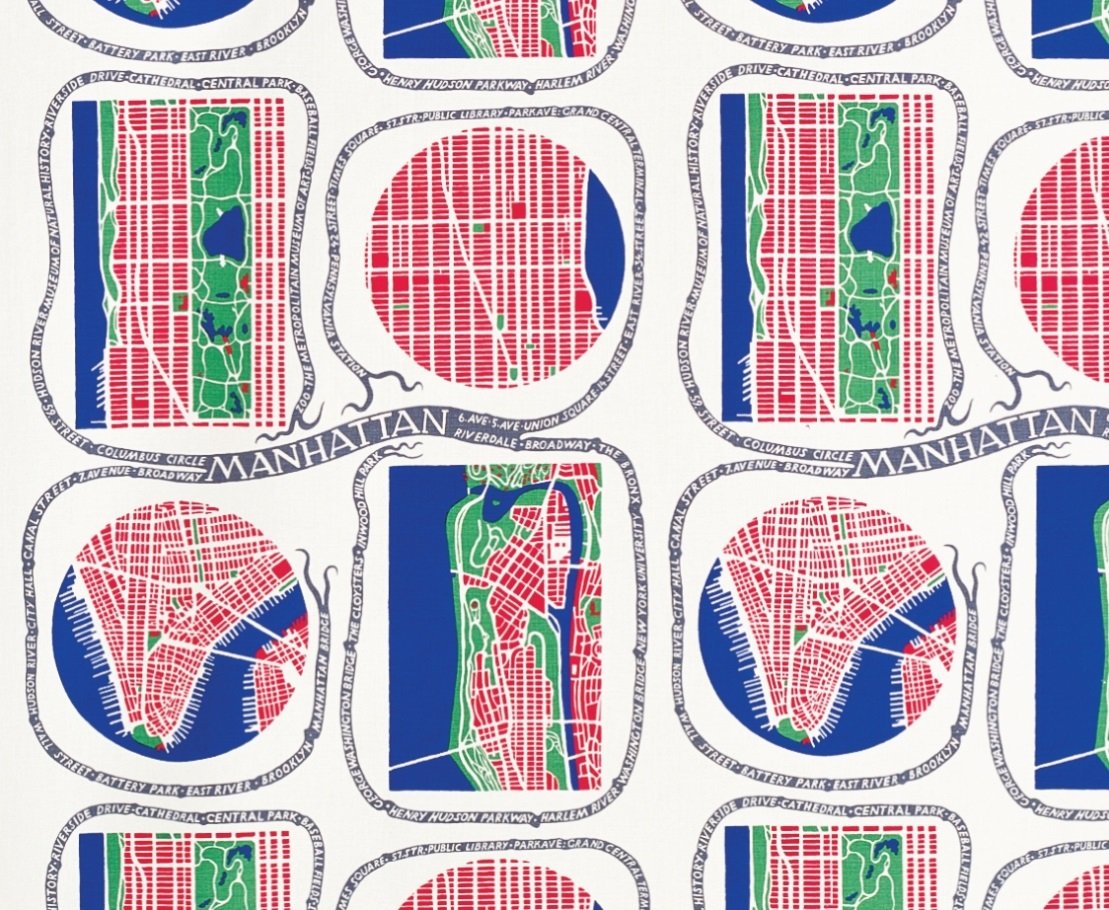Does the evolution of sustainable development affect how we interpret WTO provisions?

According to IGIR fellow Michelle A. C. Kristy, WTO law should be interpreted in a way that takes the evolution of sustainable development into account. Her PhD research suggests six components of sustainable development that enable WTO Members to better identify relevant WTO provisions and to interpret them in light thereof.
The term ‘sustainable development’ was introduced in the 1980s and was substantively developed in both the Brundtland report and the Rio Declaration. Sustainable development is defined as development that meets the needs of the present without compromising the ability of future generations to meet their own needs. The term is also used as the foundation of the seventeen Sustainable Development Goals (SDGs) and their indicators.
Legal status and components of sustainable development in international treaties
The status of sustainable development in public international law has been an open discussion among legal scholars for more than a decade. Despite contentious debates, international tribunals seemed to be hesitant in developing their obiter dictum to develop the legal nature and status of sustainable development.
Based on the analysis of recent international trade, investment and environmental treaties, the PhD dissertation suggests sustainable development to be treated as a general principle of international law. Consequently, it could be used as additional interpretative guidance to interpret the language of a treaty, whether explicitly incorporated in the treaties or not. The PhD research has further developed six components of sustainable development: integration; sustainable use; equity (intra and inter generation); special and differential treatment; public participation, transparency, data access and information; and precautionary approach. These components will help to identify different expressions of sustainable development and find potential “terms” in provisions through the “new” lens of sustainable development.
Application in WTO provisions
The Preamble of the World Trade Organization (WTO) has projected sustainable development as one of its objectives. Accordingly, all provisions of the WTO Agreements should be read with the sustainable development goal in mind. For instance, the Appellate Body in the United States – Import Prohibition of Certain Shrimp and Shrimp Products dispute (DS58) underlined the preambular language of the Marrakesh Agreement in its interpretation.
We note once more [Preamble of the Decision on Trade and Environment] that this language demonstrates a recognition by WTO negotiators that optimal use of the world’s resources should be made in accordance with the objective of sustainable development. As this preambular language reflects the intentions of negotiators of the WTO Agreement, we believe it must add color, texture and shading to our interpretation of the agreements annexed to the WTO Agreement, in this case the GATT 1994.
In the above-mentioned dispute, the Appellate Body interpreted the term “exhaustible” natural resources as embracing both living and non-living resources. The evolution of sustainable development in international law will influence how we interpret WTO provisions.
This PhD research gives guidance on how to read various expressions of sustainable development in WTO provisions related to standards and subsidies. This guidance helps WTO Member States, panel members and Appellate Body Members to better integrate sustainable development in the WTO legal framework. For instance, the term “like products” in Article 2.1 of the TBT Agreement should not primarily be based on the existence of a “competitive relationship” between two products. Instead, it has to weigh the legitimate objective supporting technical regulation, including environmental and social considerations.
| Written by Michelle A. C. Kristy for Law Blogs Maastricht |
Other blogs:
Also read
-
Content creators, exercising their freedom of expression, may use trade marks in their content in a way that might damage the interests of trade mark proprietors (e.g. use of Nike shoes in a porn movie). How does EU trade mark law address these different interests?
-
The European Patent Convention defines subject-matter that is not eligible for patent protection, such as methods for doing business. However, when implemented by a computer, non-eligible subject matter becomes eligible for patent protection. Is this desirable?
-
EU trade mark law excludes certain signs from becoming registered trade marks. In particular, shapes cannot be registered if they are necessary for achieving a technical result. In 2015, the amended Regulation broadened this exclusion to ‘another characteristics'. But what is now covered exactly?


